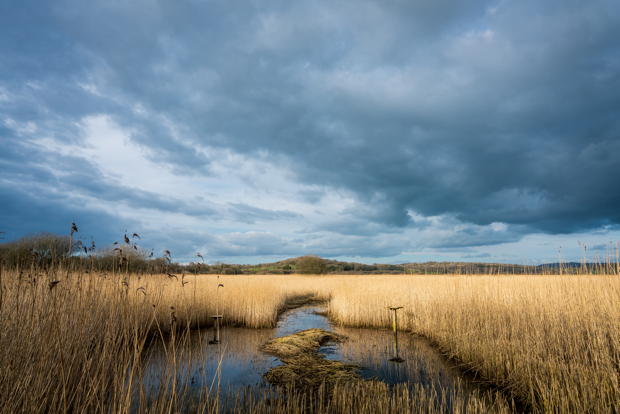
Here in the San Francisco Bay Area, we are entering our fourth month of varying degrees of isolation. Parents like my husband and me, who have been working, homeschooling, and raising kids from home, are exhausted. Small businesses are barely surviving; communities and churches are fractured. So many continue to fall sick or financially fall short.
In the meantime, our beautifully diverse region is struggling as much as the rest of the nation with an awakening around racial injustice. In one of the supposedly most progressive areas in the country, tech CEOs are caught on camera engaging in racist rants against Asian Americans. The police force of San Jose, the tenth largest city in the US, is embroiled in a scandal involving racist and bigoted Facebook conversations.
The news cycle is ugly; the online debates about mask-wearing and Confederate monuments and presidential politics are even more so. I sometimes wonder how much more we can collectively take. When will the weight of the heartache send our society crashing onto its knees?
“This is a time of being in the wilderness,” our pastor preached a couple months ago during a livestreamed service. “This was a common experience for the people of God in Scripture.”
I wonder if something of our current existence resembles that of the formerly enslaved Hebrews, wandering in confusion and despair in the desert of Exodus. At any given time, they did not know where they were. They did not know how much farther they had to go. After years, then decades, each day’s journey within the desert must have felt like more than they could bear.
But at least they had the promise.
God had promised Moses and his people an extraordinary land flowing with milk and honey, where they could be a free people living in the goodness of their covenant with God. This, I imagine, is what kept them going on those particularly hot and dusty days — when the heaven-sent manna tasted like sand and the cloud of God’s presence seemed especially distant.
They were going somewhere good, somewhere wonderful, where blessings would flow in abundance. And even if they could not get there — even if they were banished from getting there — their children would be able to delight in the gifts of the Promised Land.
Based on news reports, I don’t know that there will be a Promised Land at the end of this pandemic. Even if we can develop a highly effective vaccine and even if people are willing to be inoculated — both significantly big ifs — we will have lost so much when this ends. Hundreds of thousands of lives perished. Millions of jobs gone. Cultural practices we value, such as handshaking and large public events, permanently altered. How we work, how we study, how we play, how we celebrate, even how we worship — these, according to experts, could change forever.
And though this moment of racial reckoning and the incremental changes it has wrought give me hope, I don’t know that we can expect to reach any mountaintop. As captured in the powerful documentary 13th, the US has a terrible history of allowing oppressive systems to evolve into new forms when the old versions are no longer acceptable.
I’m not confident that traveling through this double pandemic desert will lead to a safer life or a stronger, more equitable society. Perhaps it could. But there are no guarantees in the destination or the length of travel.
Even so, travel through this desert I must. We all must.
Each day, I imagine God gently nudging me forward yet another step further into this wasteland. And all I want to do is stand put, cross my arms like a child, and say, “No. No more. I can’t do it. I don’t want to go where you’re leading me — not until you tell me where we’re going and how it will turn out for all of us.” Like the Hebrews, I want to grumble about the manna and smash rocks.
But then God reminds me that we are not in need of a Promised Land — because he has given us an abundance of promises. He has promised not to leave us or forsake us; he has promised that his love is steadfast and unchanging; he has promised us hope and redemption and a kingdom come.
No matter how deep into the wilderness we must travel, we carry these promises with us. God’s promises are the same before, during, and after a global pandemic. They are the same through centuries of racism and injustice.
Nevertheless, this wilderness remains a place of fear, vulnerability, and despair. The sun shines hot and there are few places to hide. I feel this acutely as I attempt to stay safe and work and march and wrangle children and learn what it means to be an antiracist and keep my chronic anxiety in check — all while staying abreast of breaking news and research findings.
But I am just beginning to learn — as the Hebrew people learned, as David and the prophets and John the Baptist and even Jesus learned — that the wilderness can be a place of deep dependence on God. His nudgings are not simply to pull me deeper into the desert, but to draw me closer to him.
When I cross my arms and stubbornly say, “No, I don’t want to go any further,” I imagine the understanding in God’s eyes. I imagine a gentle smile and an even gentler voice: “It’s okay. I am with you. I will not leave you or forsake you. There is no wilderness terrible enough to break my promises.”
Then I take the manna he offers me, fix my eyes on the distant, hazy horizon, and take another step forward.